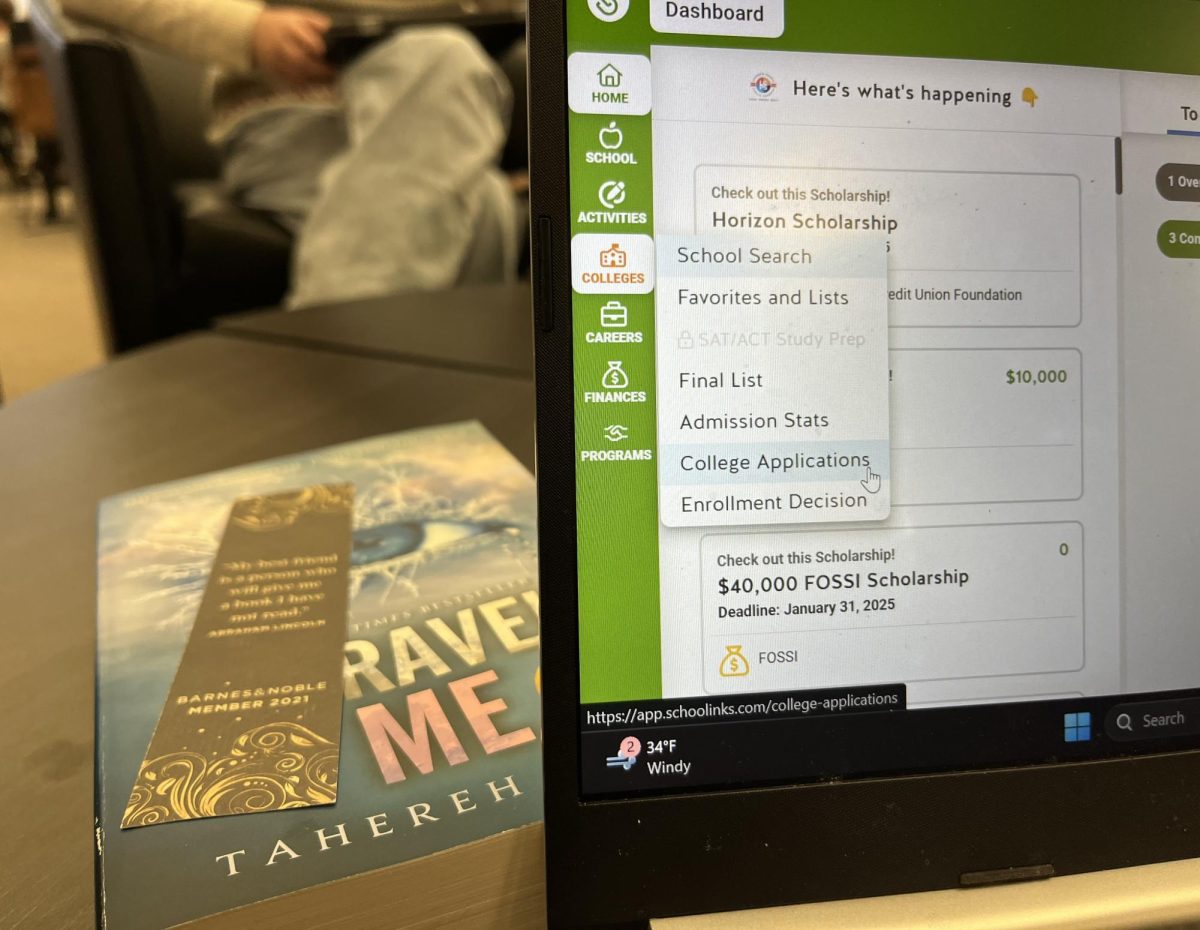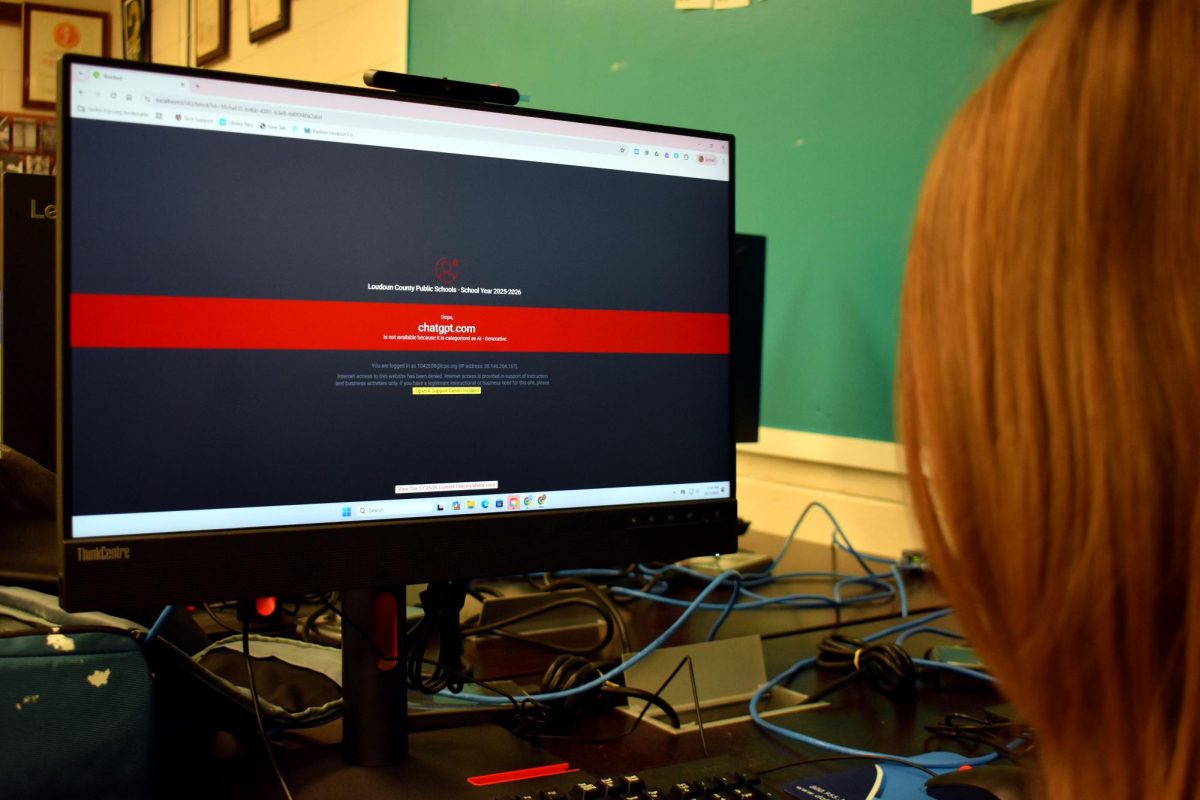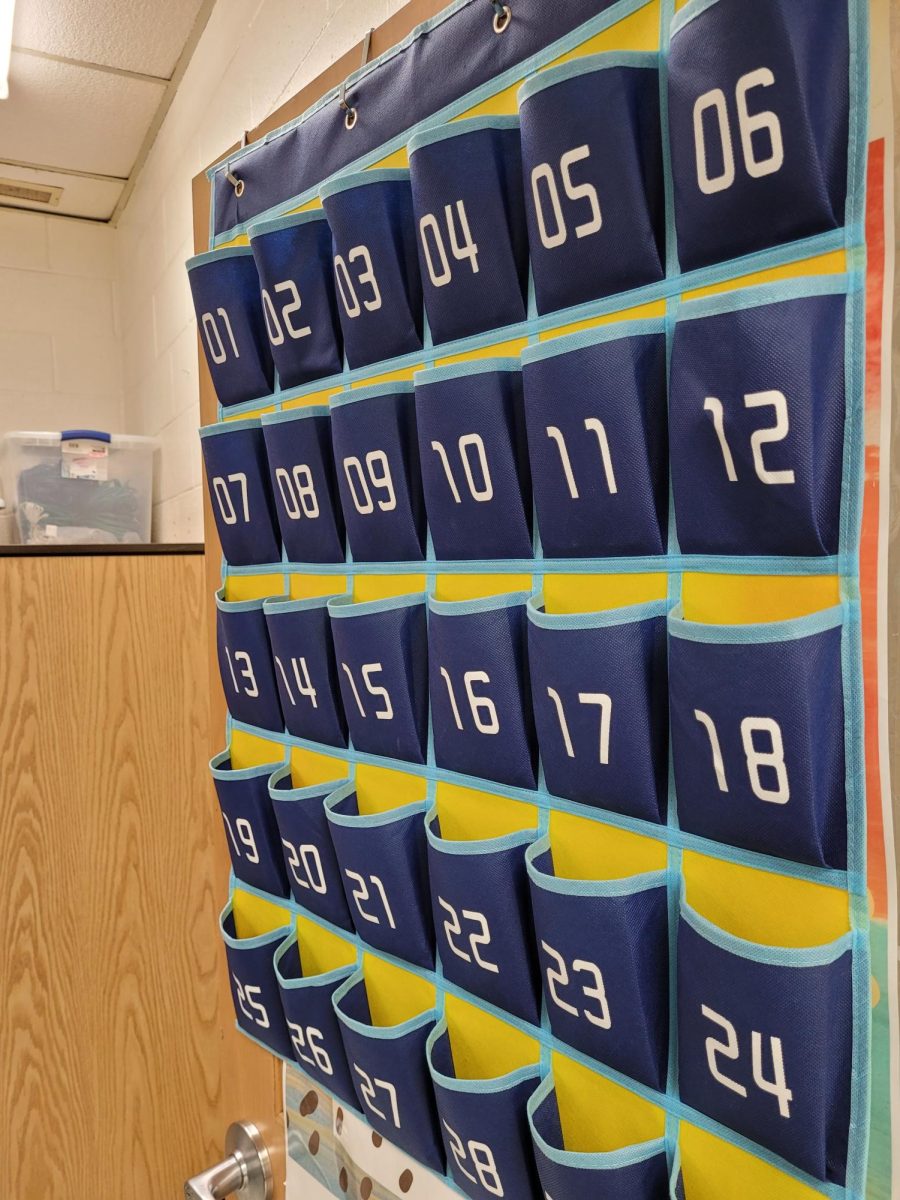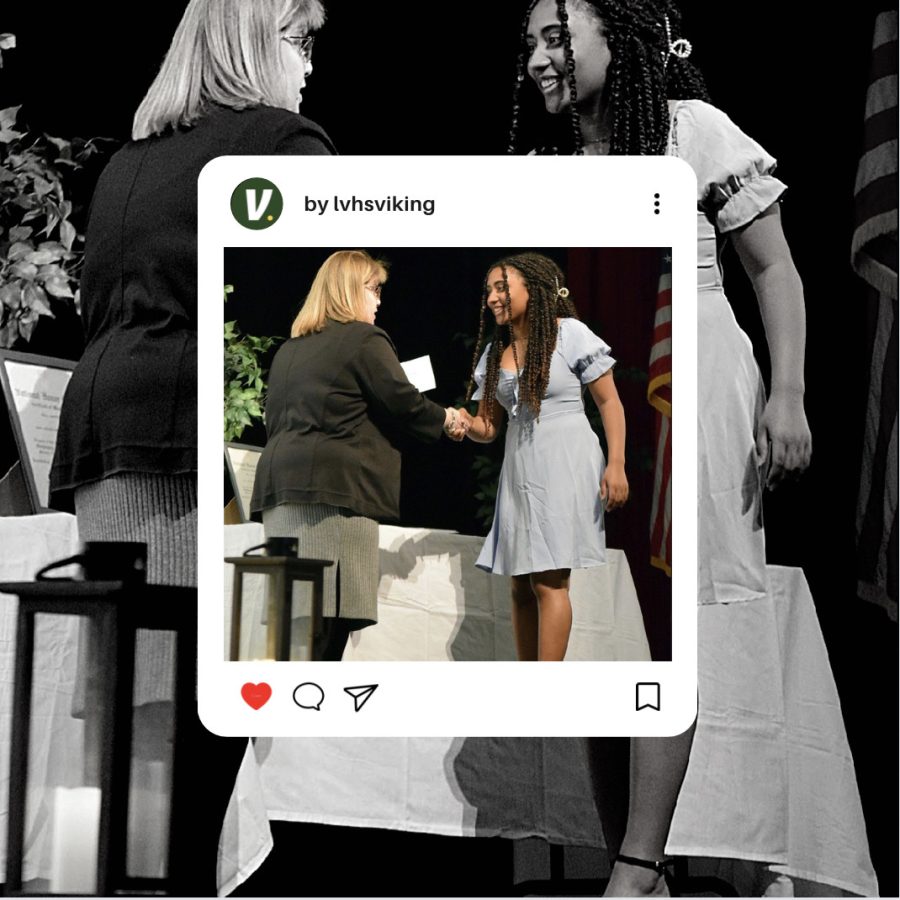As time is eaten up between starting college applications and deadlines, the scramble to gather required material ensues. In this rush, the distinction between seniors who are wholly prepared and those who wait becomes very obvious.
Upcoming college freshmen are initially unaware of all the moving parts that go into applying for higher education. While college prep does start within our freshman year with course selection and GPA calculation, the moments when communication around college prep are the most crucial are during junior and senior years.
Based on our conversations with counseling and our personal experience as seniors, we’ve learned a lot about the do’s and don’ts. So, from your college-applied (and accepted) seniors, this is the timeline we think is most successful.
College Research – Sophomore/Junior Year
The first step in the college search is research. Exploring majors and college programs should start within sophomore or the very beginning of junior year. This includes in-person, official college tours, open houses and emailing admissions offices. Without this step, you are exposing yourself to the possibility of going into a school blindly without knowledge of what’s to come. Narrowing down options is crucial to the initial college search and allows you to understand what you need to complete or participate in to have a fighting chance at admission.
The Common Application – End of Junior/Start of Senior Year
After gathering a few schools of interest, the next, most looming task is the Common Application.
The Common App opens on Aug. 1, and during this month is when you should be diligently filling out individual applications within the program. We’ve found that starting Common App as early as possible eliminates a bit of the stress and time crunch. It takes a significant amount of time to complete these applications, but starting in the summer, when there is no schoolwork and after-school activities to compete with, will allow you to direct your mostly undivided attention to this important task.
As seniors applying to college, we wished we knew more about the best way to approach the Common App before going into senior year. We suggest doing some research or talking to your counselor before summer break. This information can change the college application experience for you, reducing stress and giving you a sense of confidence with your schedule.
With deadlines falling as early as October, you must be closely on schedule, if not ahead.
College Essay – Summer of Senior Year
Another component that we wish we knew more about is the college essay. While teaching students to write a very individual, very personal essay is understandably a daunting task, a general outline about word count, structure and common prompts would’ve helped a lot. This instruction used to be an implemented part of the senior English class, but in recent years it was removed. However, it may be beneficial to bring it back.
To be prepared and efficient, you should start brainstorming and drafting your essay the summer before senior year. Following that timeline will allow you to have time to write, rewrite, revise, edit, scrap and start over as much as needed. Additionally, this allows you to have a complete product coming into school where you can get advice and criticism from teachers.
As for the question about prompts, each of the many Common App prompts are extremely broad, and whatever you may choose to write your essay about will most likely fall within a prompt. This means you can start an essay before the program is even open.
Recommendation Letters – Beginning of Senior Year
We have had the most success getting rec letters by asking within the first few weeks of senior year. For busier teachers, typically English, you can ask in June of your junior year to guarantee you can get one.
We didn’t learn much about rec letters until mid-September, but we would definitely suggest asking earlier than that. Asking within the first four-ish weeks secures your spot as a more priority student. Requesting any later leaves recommenders with not enough time to write a thoughtful letter on top of everyone else.
Financial Aid – Middle and Onward of Senior Year
We felt unprepared when it came to financial aid, and would’ve liked to see more information and guidance, but we figured it out by doing research, especially through College Board. Colleges are pushing financial aid opportunities through emailed reminders, so try your best to keep up with those as well. Information on FAFSA and the CSS profile can be found with these links.
While these information sessions are great milestones for where students should be in their application process, it is not a strict sequence to follow. To have the most stress-free experience, we recommend following this more reasonable timeline to be reassured that you will get through the application process comfortably.








